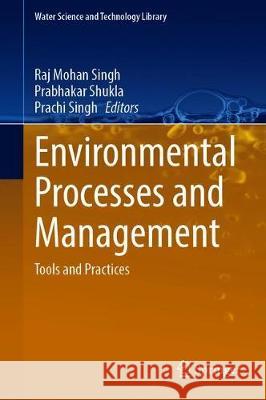Environmental Processes and Management: Tools and Practices » książka
topmenu
Environmental Processes and Management: Tools and Practices
ISBN-13: 9783030381516 / Angielski / Twarda / 2020 / 445 str.
Environmental Processes and Management: Tools and Practices
ISBN-13: 9783030381516 / Angielski / Twarda / 2020 / 445 str.
cena 615,15
(netto: 585,86 VAT: 5%)
Najniższa cena z 30 dni: 578,30
(netto: 585,86 VAT: 5%)
Najniższa cena z 30 dni: 578,30
Termin realizacji zamówienia:
ok. 16-18 dni roboczych.
ok. 16-18 dni roboczych.
Darmowa dostawa!
Kategorie:
Kategorie BISAC:
Wydawca:
Springer
Seria wydawnicza:
Język:
Angielski
ISBN-13:
9783030381516
Rok wydania:
2020
Wydanie:
2020
Numer serii:
000176378
Ilość stron:
445
Waga:
0.79 kg
Wymiary:
23.62 x 16.26 x 2.29
Oprawa:
Twarda
Wolumenów:
01











